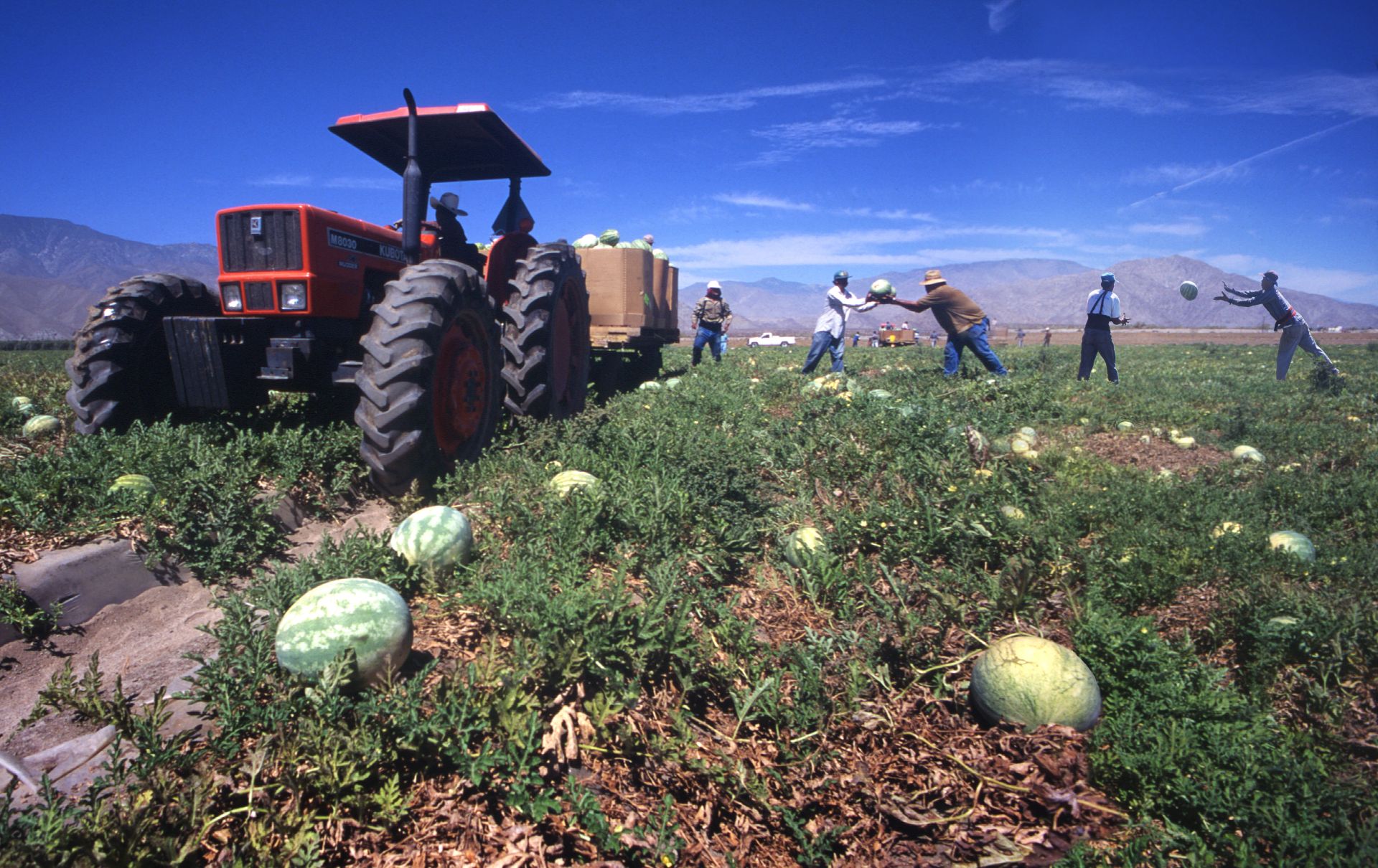Led by the Western Growers Association, a coalition of agricultural organizations has filed a lawsuit in Riverside Superior Court on March 12 to block the city of Coachella’s recently-passed urgency ordinance mandating that farmers and other agricultural employers pay an additional $4 per hour to their employees for at least 120 days.
In the complaint, plaintiffs Western Growers Association, California Fresh Fruit Association, and Growing Coachella Valley argue, among other claims, that there is no factual justification for the urgency ordinance, that it’s unconstitutionally vague, and that the urgency ordinance will cause irreparable harm to agricultural employers for which they have no adequate remedy, according to a news release.
Coachella was the first city in the nation to include all farmworkers and packing house employees in its “hero pay” ordinance that was passed on February 10 which also requires grocery stores, restaurants and pharmacies that employ 300 or more workers nationally and more than five in the city to pay an additional $4 an hour to their employees for at least 120 days. Based on the city council’s vote, the ordinance became law immediately.
“Coachella Valley farmers have made significant investments to comply with local, county, state and federal guidance on employee health and safety during the COVID-19 pandemic,” Growing Coachella Valley executive director Janell Percy said in the release. “Add in these expenses to already-existing regulatory compliance costs, agricultural overtime laws, and the highest minimum wage in the country, our local family farms are buckling under the weight.”
The cost to growers will be massive if they do not prevail in court. The city of Coachella Economic Development Department prepared a report in which it estimated the total cash burden of the “hero pay” for growers operating within the city could come out to $8.7 million to $13.1 million.
During its meeting on Wednesday, March 10, the Coachella City Council decided to set aside $750,000 they previously received from the federal Heroes Act to help cover what looks like it will be a small portion of the costs that will be incurred by the growers. This idea for what will be called a “Hero Fund” was advanced by Mayor Steven Hernandez in an effort to reduce the burden and find a compromise. But clearly, the total cost to growers would be barely mitigated by the new fund.
“The COVID-19 pandemic continues to be felt by all. The past year has been nothing short of challenging,” California Fresh Fruit Association president Ian LeMay said in the release. “Yet, as we begin to collectively move beyond the darkest days, it is beyond astonishing that the leaders of the city of Coachella decided to impose another burden on agriculture. It is our hope that with time and additional counsel, the City will reverse course and remove this obstacle to economic recovery in the Coachella Valley.”
In a comment letter to the City Council prior to their adoption of the urgency ordinance, Western Growers president and CEO Dave Puglia said, “Farmers are price takers, not price setters. Grocery and restaurant buyers have many options for sourcing the types of fresh produce grown in the Coachella Valley and will look elsewhere – likely Mexico – for cheaper sources of fresh bell peppers, lettuce, cabbage, table grapes, dates, citrus and other Coachella-grown produce. While the Coachella City Council can mandate higher wages be paid to farm employees, they cannot mandate that grocery stores and restaurants accept the additional cost and pass it along to consumers.” The full text of that letter is linked online.
“This ordinance was driven by the simplistic and ultimately false assumption that the basic laws of economics can be ignored without consequence,” said Puglia. “While some council members appear to be reconsidering this action, the ordinance – which hands enforcement to private trial lawyers under California’s job-killing ‘Private Attorney General’ law – is in force now. It is so poorly written that many employers with Coachella ties can’t determine if the ordinance even applies to them. We are taking this drastic step to prevent the economic injuries farmers and thousands of agriculture employees are bound to suffer if this measure is not repealed immediately.”
In addition to the economic and vagueness elements of the argument by the coalition of growers, they point to two separate reports issued by the County of Riverside regarding the top COVID-19 outbreak settings. On December 2, 2020, the “Top 5 COVID-10 Outbreak Settings” did not include the agriculture industry. The second report, covering the time period from December 1, 2020 through March 1, 2021, identifies the “Top 10 Outbreak Settings” in the county; agriculture operations are again not among the list.
Click here for the full text of the complaint with exhibits.
At this point, no other lawsuits have been filed against the city of Coachella by representatives of the other sectors covered under the ordinance, including grocery stores, restaurants and retail pharmacies. It doesn’t mean they won’t do so, though. For example, consider the well-publicized lawsuit by the California Grocers Association (CGA) which has sued several other California cities thus far over hero pay. In their action against the city of Long Beach, the CGA points out one of the same core arguments as the grower coalition suing Coachella. They argue that the Long Beach ordinance violates, among other things, a constitutional requirement that “similarly situated” people should be treated alike – including essential frontline workers in other industry sectors.
If the interpretation of the law by the California Grocers Association is deemed correct, one can only wonder when essential workers in healthcare, construction, utilities and other sectors will come calling to demand their own “hero pay.”




